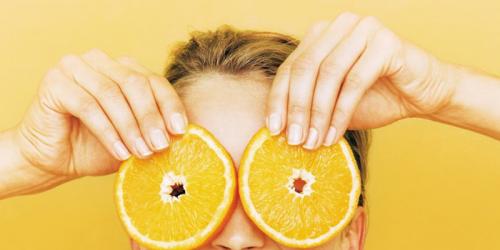- Light nibble
A drop in diet or a little hunger between two meals? This may be a mild hypoglycemia. In this case, listen to your body: it is better to refuel immediately, rather than catching up at lunch or dinner. Choose a magnesium - rich snack to regain the tone: a banana, a handful of almonds or a square of dark chocolate. Think also of apples or oranges, rich in vitamin C.
- Drink regularly
To avoid nibbling, instead of giving in to the urge to eat, drink regularly in small quantities. The stomach slowly fills with liquid, creating an impression of satiety. And if you're craving something to eat, turn to a scented tea, a fresh juice, or serve a cup of tea with a spoonful of honey.
- Identify the emotions of nibbling
Compulsive snacking is very often caused by stress or boredom. Indeed, studies on brain activity show that eating releases dopamine, a neurotransmitter that activates the area of reward in the brain. This is why systematically depriving oneself is not recommended. On the contrary, allow yourself a treat from time to time, and most importantly, take the time to savor it. But this concession should not make you forget the origin of your worries: look for the causes of your stress, solve your problems of discomfort: you will then naturally stop turning to food as comfort.
- Do not associate certain activities with nibbling
We must be particularly attentive to the habits we take in nibbling. You can, for example, mechanically prepare a small snack every time you watch a movie on television. But these habits are bad because the brain will tend to generate a sensation of lack in all similar situations. To avoid this, modify certain elements of the offending behavior (change the time at which you watch the movie, place the television in another room). At the same time, take the opportunity to get used to nibbling at that time.
- Regularly brush your teeth
We all know that you have to wash your teeth after every meal. But we often forget this gesture of hygiene when we are immersed in a long day of work. Yet, in addition to preserving the health of the teeth and gums, regular brushing will fight the urge to nibble immediately after the meal.
- Balancing meals
Finally, to fight the cravings, it is essential to make every day three complete and balanced meals. At breakfast, rely on whole grains and fruits, not to mention a dairy product. Both lunch and dinner must include one-third of vegetables, one-third of starchy foods and one-third of protein. And do not hesitate to listen to your stomach and to advance the time of the meal if you are hungry: it is better to eat at 11h or 19h, rather than to start nibbling bread and cheese as an aperitif.


